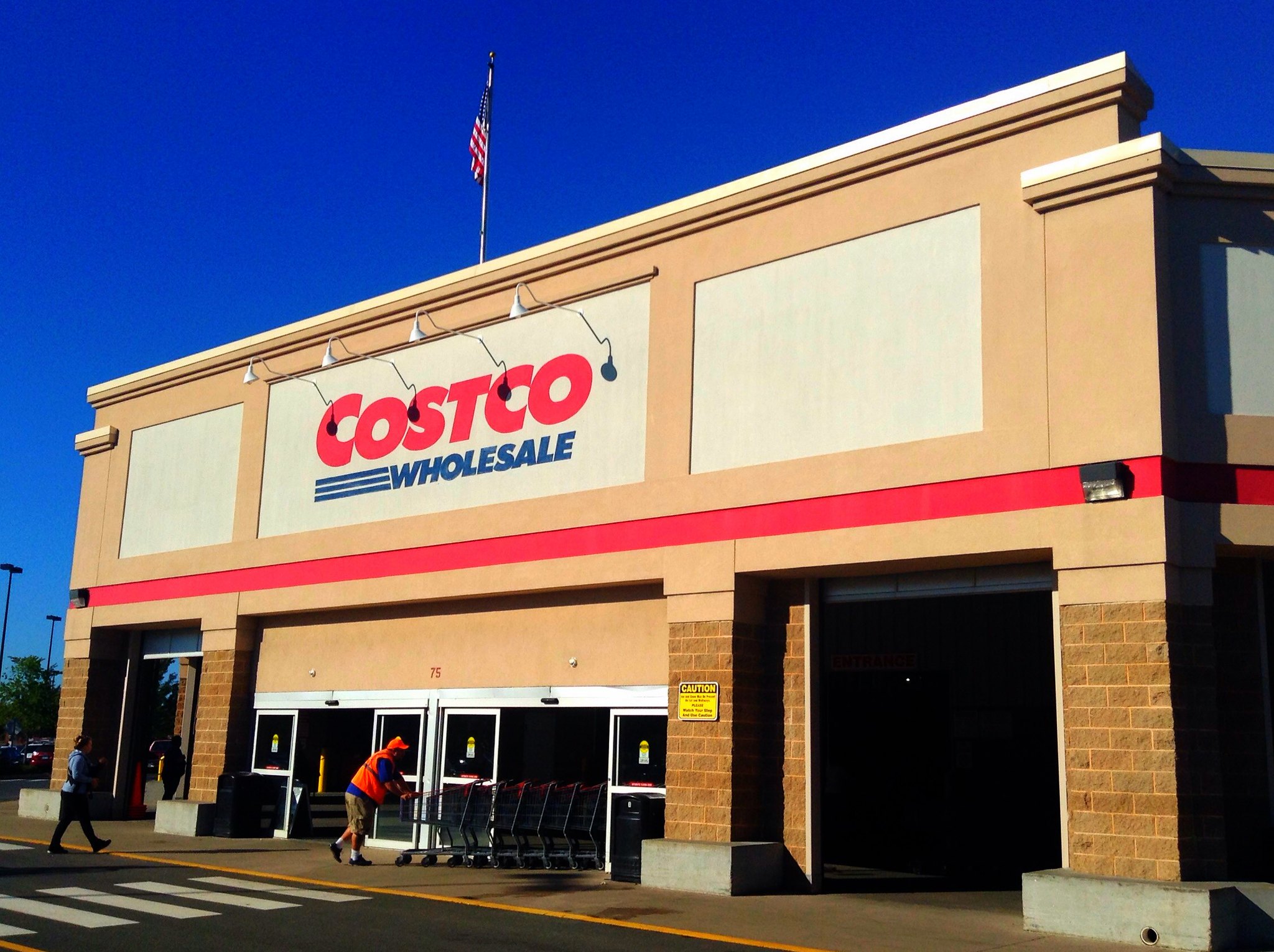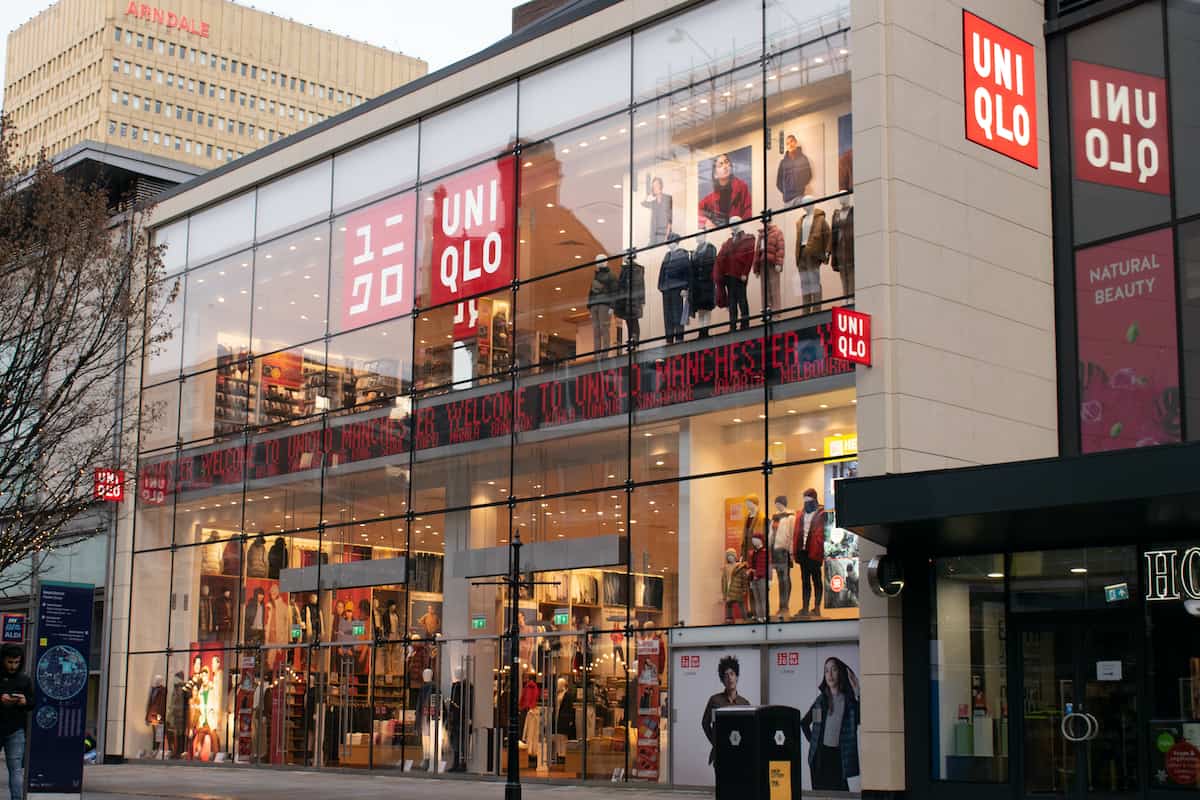Tesco has delivered more than 100,000 orders a day on four occasions since it cut the costs of multichannel delivery. But today the supermarket showed that it was yet to see the benefit from its move to cut prices on products and online grocery services, as UK like-for-like sales fell by 3.7% in the first quarter of its financial year.
Total sales at Britain’s largest supermarket fell by 0.9%, excluding petrol.
Philip Clarke, chief executive, said the price cuts had made it “more competitive than we have been for many years,” while also making “a real difference for customers.”
“Since February,” he said, “we have cut prices on the products that matter most, cut home delivery charges and made grocery click & collect free.”
Where price cuts have been made, sales volumes are up by more than 28%, while the introduction of free click and collect, £1 one-hour delivery slots and cuts to the cost of its delivery saver subscription scheme, had lifted online sales. Orders passed the 100,000 a day milestone for the first time, and on four occasions since the price cuts were introduced.
But in the short-term, said Clarke, the moves had hit sales performance at a time of “challenging” consumer trends in the UK, at a time when the retail industry is changing structurally, thanks to the rise of ecommerce. The company also said that it expected to see price cuts hit its headline performance over the course of coming quarters, when trading conditions more generally would remain challenging.
“We are determined to lead in this period of change,” said Clarke, “building long-term customer loyalty and positioning the business to win in the multichannel era.”
Loyalty-boosting tools at Tesco’s disposal include the Clubcard, where a Clubcard Fuel Save initiative has so far helped more than 5m customers save an average 7p a litre on petrol. “The scheme is driving clear changes in behaviour,” said Clarke, with a marked increase in fuel volumes towards the end of the month as cutomers seek to maximise the amount they can save.”
When it comes to product price cuts, said Clarke, the supermarket was now aiming to invest in targeted promotions that would built loyalty, “helping customers manage their budgets on an ongoing basis rather than funding short-term, indiscriminate couponing.” But, he said, “this step down in couponing alone accounts for more than half of our underperformance relative to the grocery market compared to the final quarter of last year.”
The focus on loyalty, he said, was also key to its international business, where it has recently completed a deal to create what’s expected to be China’s largest multichannel retailer, taking the role of junior partner in a deal with China’s CRE. In India, the company has also completed a deal to work with Tata.








